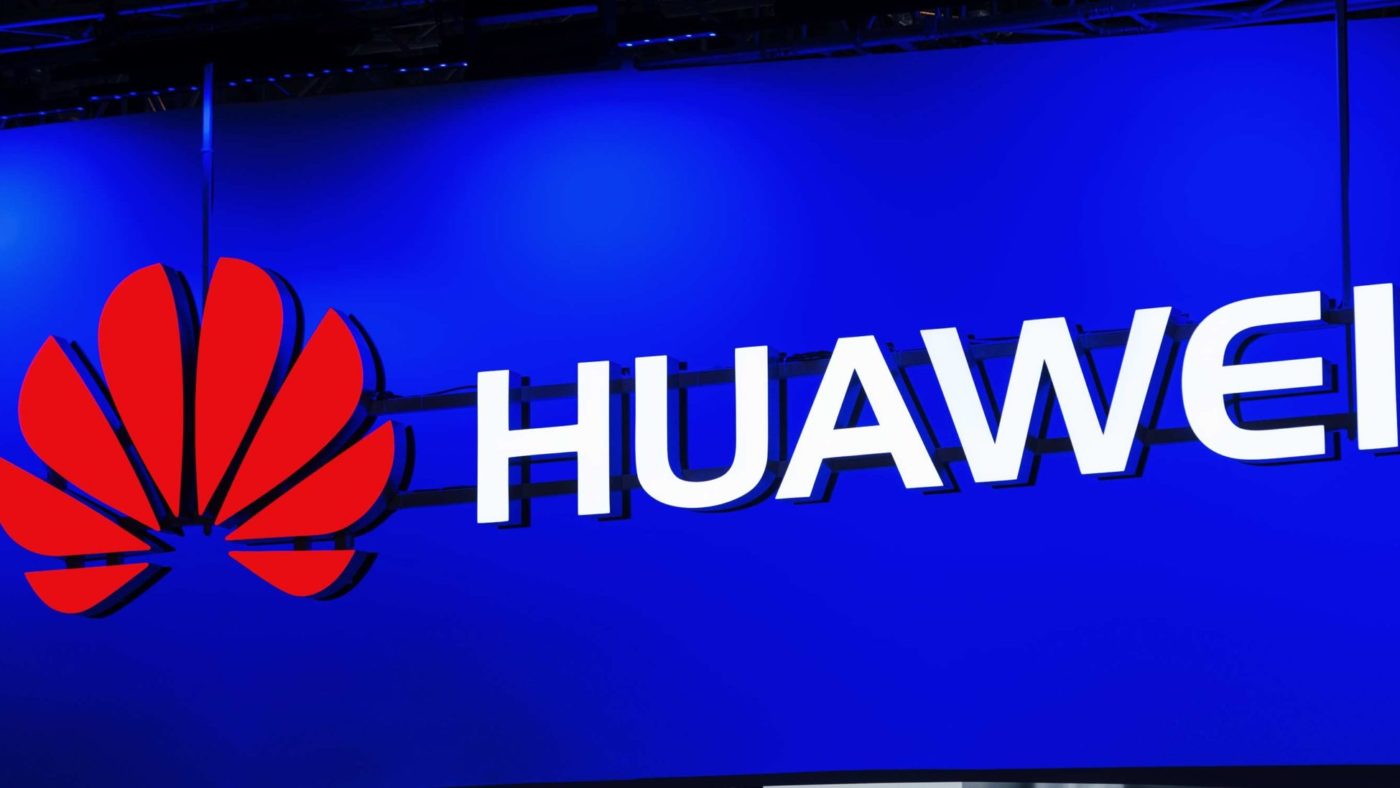The news this week that the EU has provisionally agreed to screen foreign investments into its digital sector is an indication that worries about Chinese state-driven investment into the West’s digital infrastructures are growing.
The fact that Germany is now thinking of following India, Australia, and the US in banning the Chinese electronics firm Huawei from deploying or taking part in the construction of its 5G network puts immense pressure on the UK to follow suit. While the Department of Digital Culture, Media and Sport and the National Cyber Security Centre sent telecoms companies a letter earlier this month warning of changes that might take place after Spring 2019, when a security review is completed, media reports have played down the idea that it is aimed at Huawei or other Chinese telecoms companies.
However, the timing is auspicious, since according to media sources, the review was begun in July. While it is not clear the two events are connected, the Huawei Cyber Security Evaluation Centre Oversight Board also released its annual report in July, which found that “shortcomings in Huawei’s engineering processes have exposed new risks in the UK telecommunication networks and long-term challenges in mitigation and management”. Naturally, if the two are connected, it puts at risk the £3 billion that the Chinese telecoms giant has promised to spend in the UK over the next five years.
That such a review comes in the middle of the Brexit crisis seems ludicrous. Can Britain really afford to look this particular gift horse in the mouth?
This debate – one that is taking place between those who seek the nation’s fortune and those who commit to its security – is at full tilt this year, not only in Whitehall, but in the City as well. The possible ban is only the tip of the iceberg as the Government considers a proposal organised by the Business, Energy, and Industrial Strategy Department, to tighten restrictions around investments into sensitive sectors of the UK economy.
However, while the UK’s actions might seem perverse, it is actually behind the herd as various countries have begun to do the same. In July 2017, Germany tightened its investment restrictions over foreign firms attempting to take over companies that possess key technologies or to acquire parts of Germany’s “critical infrastructure”. This autumn, after a year’s debate, the EU provided similar investment screening standards and a mechanism for cooperation.
While this might look as though President’s Trump’s protectionist policies are having an effect across the global economy, the problem actually lies with China. Under President Xi Jinping, the Communist Party has begun to roll back economic reforms, particularly those around its state-owned enterprises. While they only make up five per cent of Chinese companies, such is their size that they account for one third of China’s economy and play a direct role in state strategy.
The controversial Made in China: 2025 policy – now absent from Xi’s speeches – revealed a bold strategy for China to fund its national champions to go out and acquire sector dominance in the supply chains of critical technologies. Many of these – like AI, quantum computing, and machine learning – have multiple usages, including those in military and security sectors. Were China to fund its companies to buy up or dominate its Western competitors, it would not only be breaking WTO rules, it would also have grave geostrategic implications for the future of the rules-based order.
There are those who see Xi as making a colossal strategic mistake by pushing state control over the Chinese economy. In his 2016 book China’s Future, noted China scholar David Shambaugh argues that that Beijing’s existing policies amount to a “terminal cancer”. For Carl Minzner, an expert on Chinese law, the current situation “makes it easy to imagine Chinese politics devolving into a steady spiral of elite infighting, economic decline, ideological polarisation, and rising social unrest”.
Does this have anything to do with Huawei in the UK? Well, that’s the main question that the review is shirking, as it attempts to look at technical vulnerabilities. What it won’t consider is the wider domestic situation in China, where a new intelligence law requires Chinese companies and individuals to cooperation with Chinese intelligence organs at home and abroad. Article 11 from the legislation reads: “National intelligence work institutions shall lawfully collect and handle intelligence related to foreign institutions, organisations or individuals carrying out, directing or funding foreign or domestic institutions, organisations, or individuals colluding to carry out, conduct activities endangering the national security and interests of the People’s Republic of China”.
According to Australian intelligence sources, there is already evidence of Huawei collusion with Chinese intelligence in accessing a third country’s network. For British officials in Whitehall, this is all well and good, but the economic pressures of Brexit are difficult to ignore. There may yet be a halfway house that allows the UK to protect its infrastructure while reaping the benefits of Huawei’s technology.
The big question is whether the watchers can catch everything they are supposed to? What are the repercussions if malign code or back-door components are allowed into Britain’s digital infrastructure? What happens to Britain’s place in the Five Eye’s intelligence network if it is found to have been compromised? Outside the EU, London would not want to lose yet another important grouping over which it is able to understand global events and exert leverage in the “special relationship”.
To ban or not to ban; that is the question.


